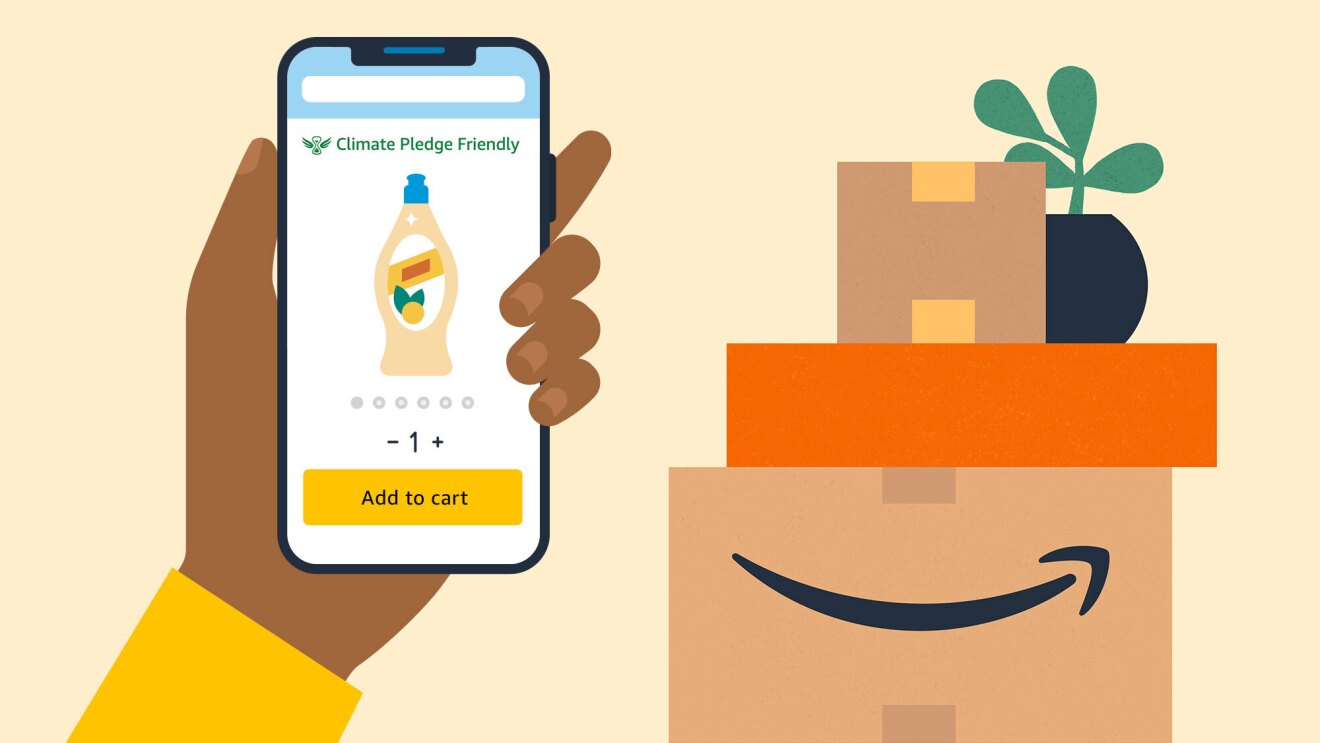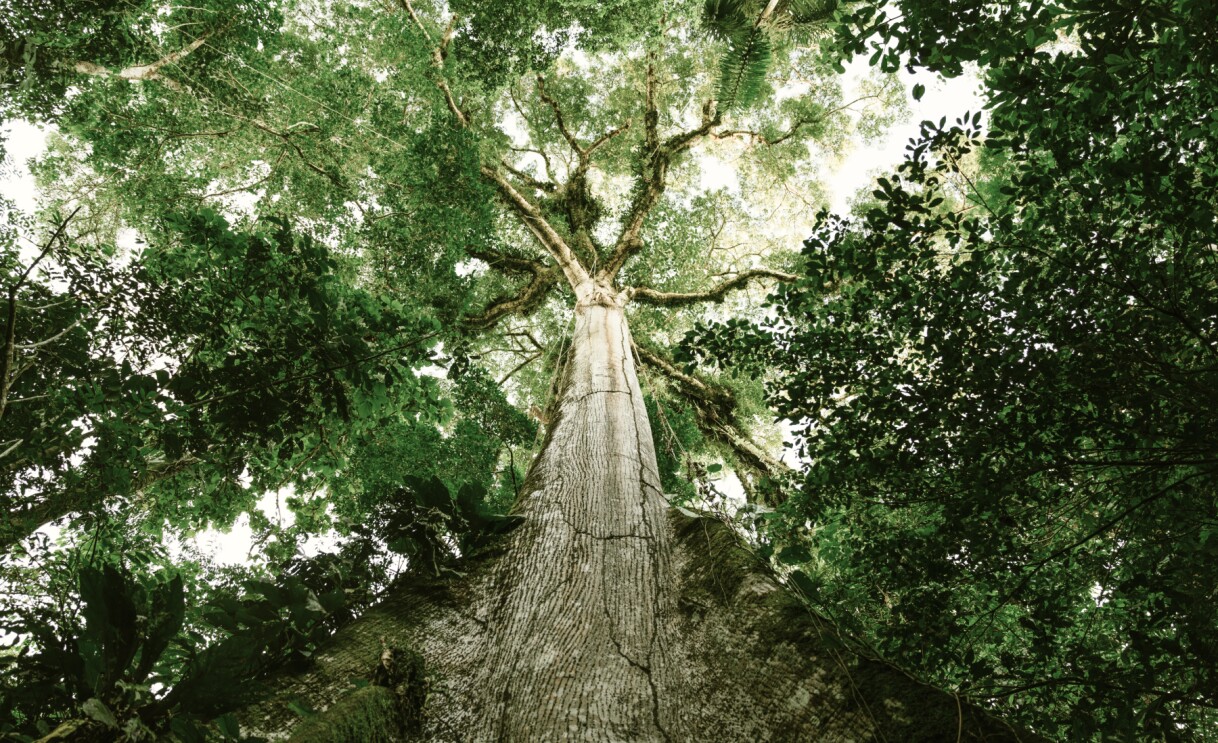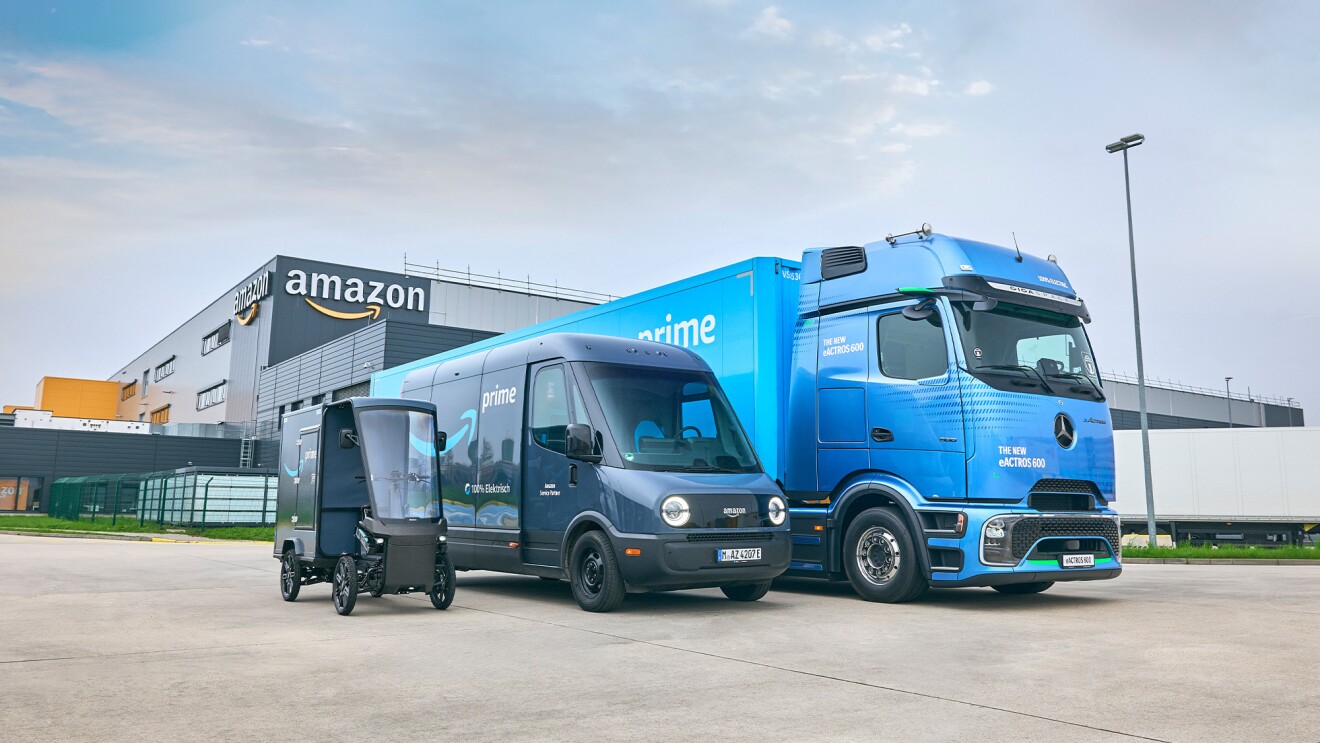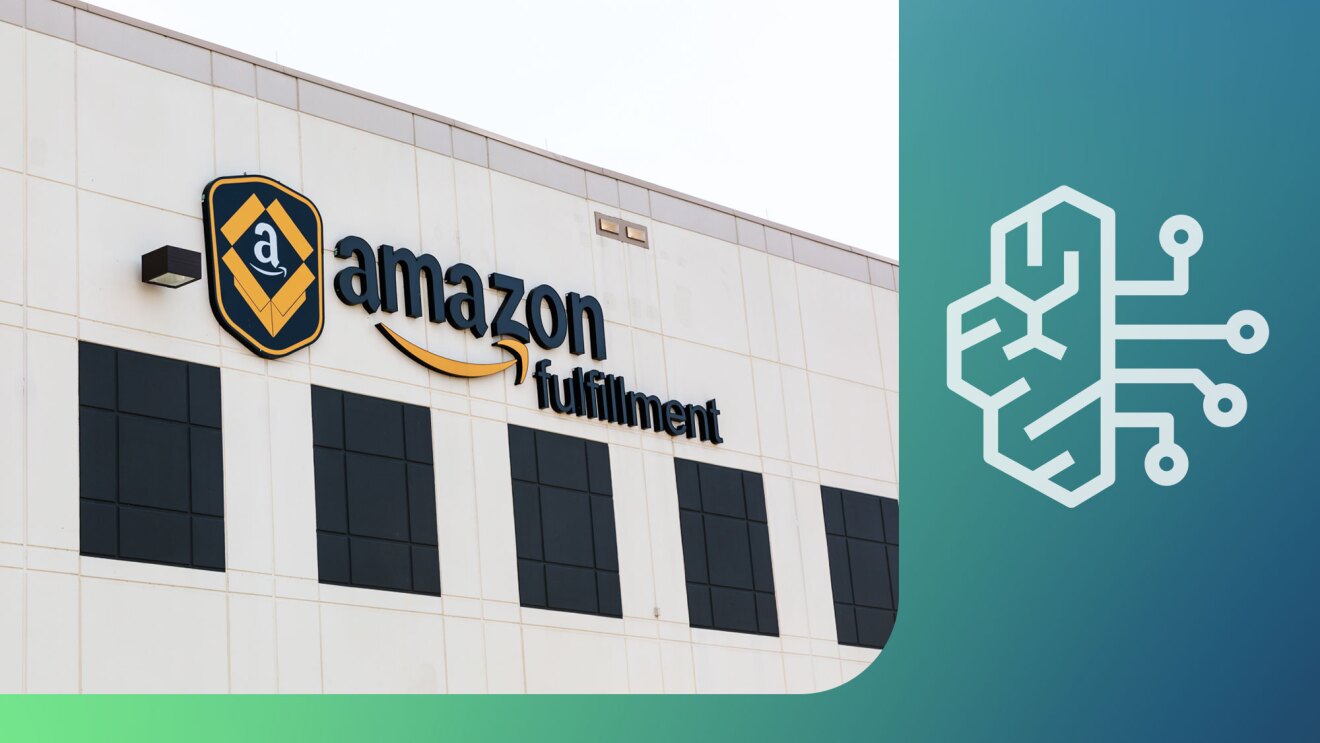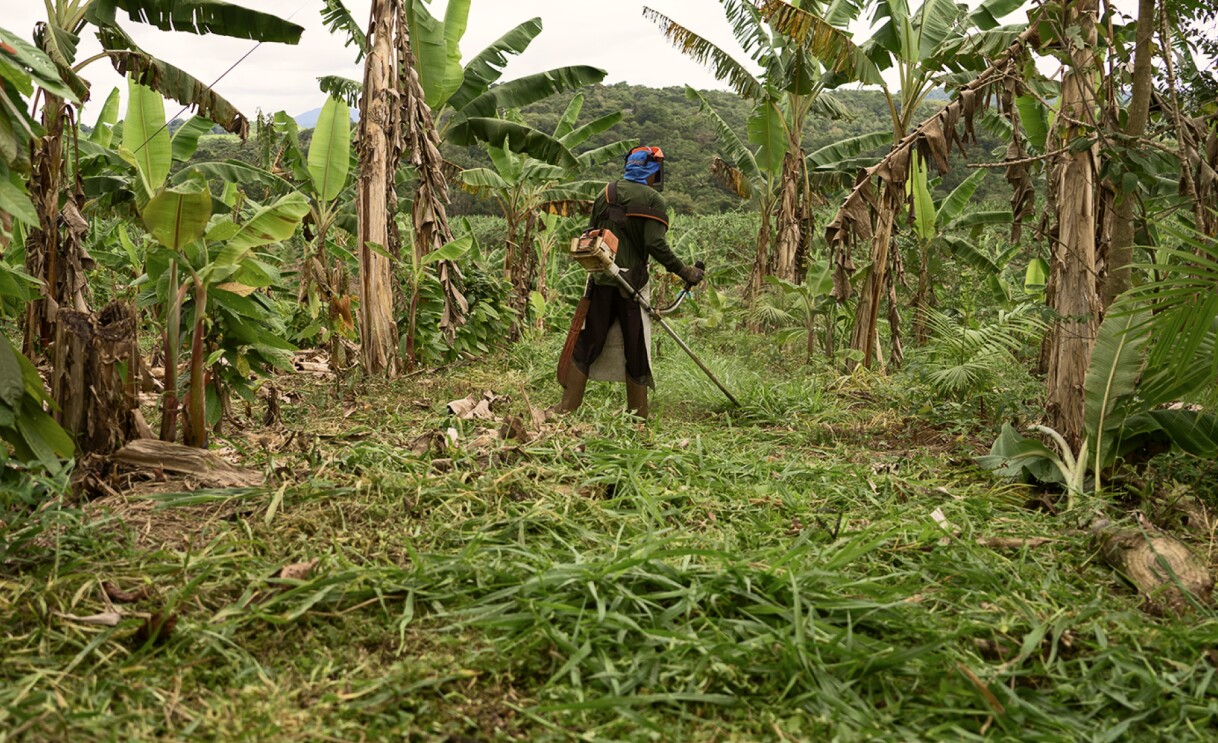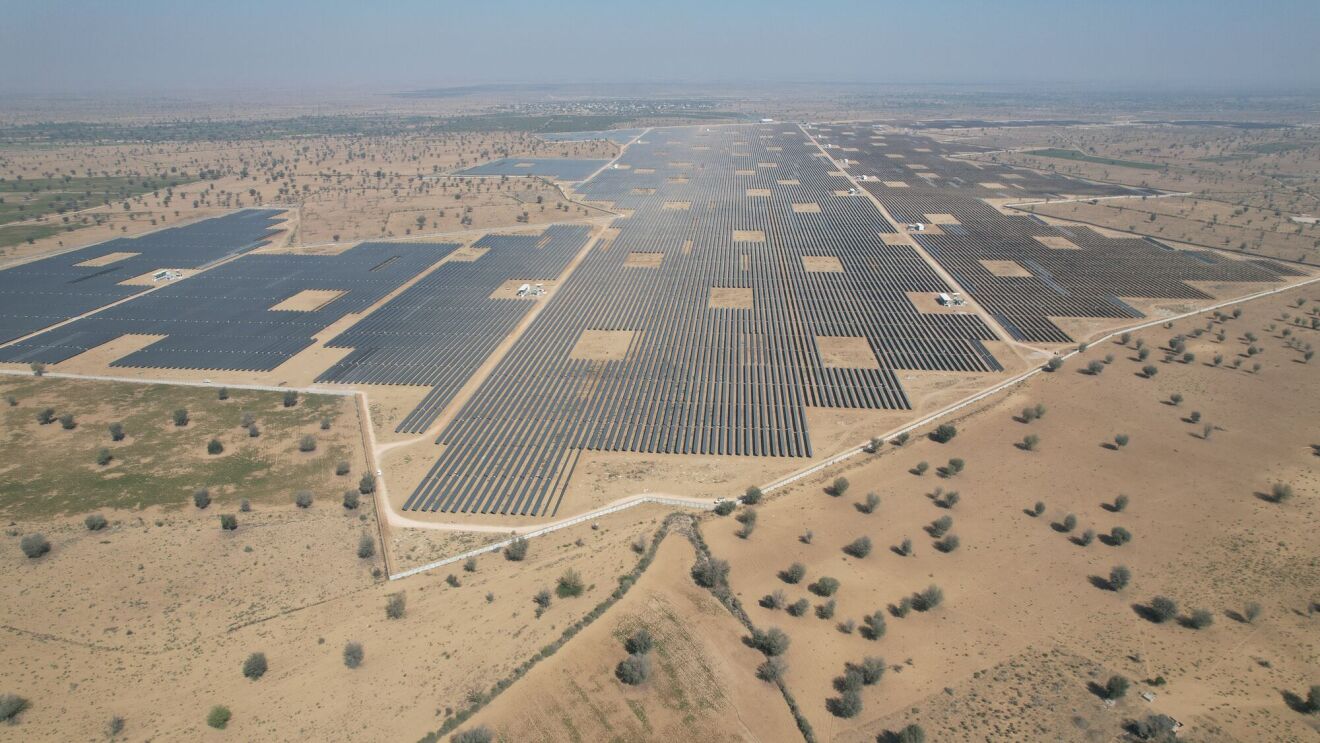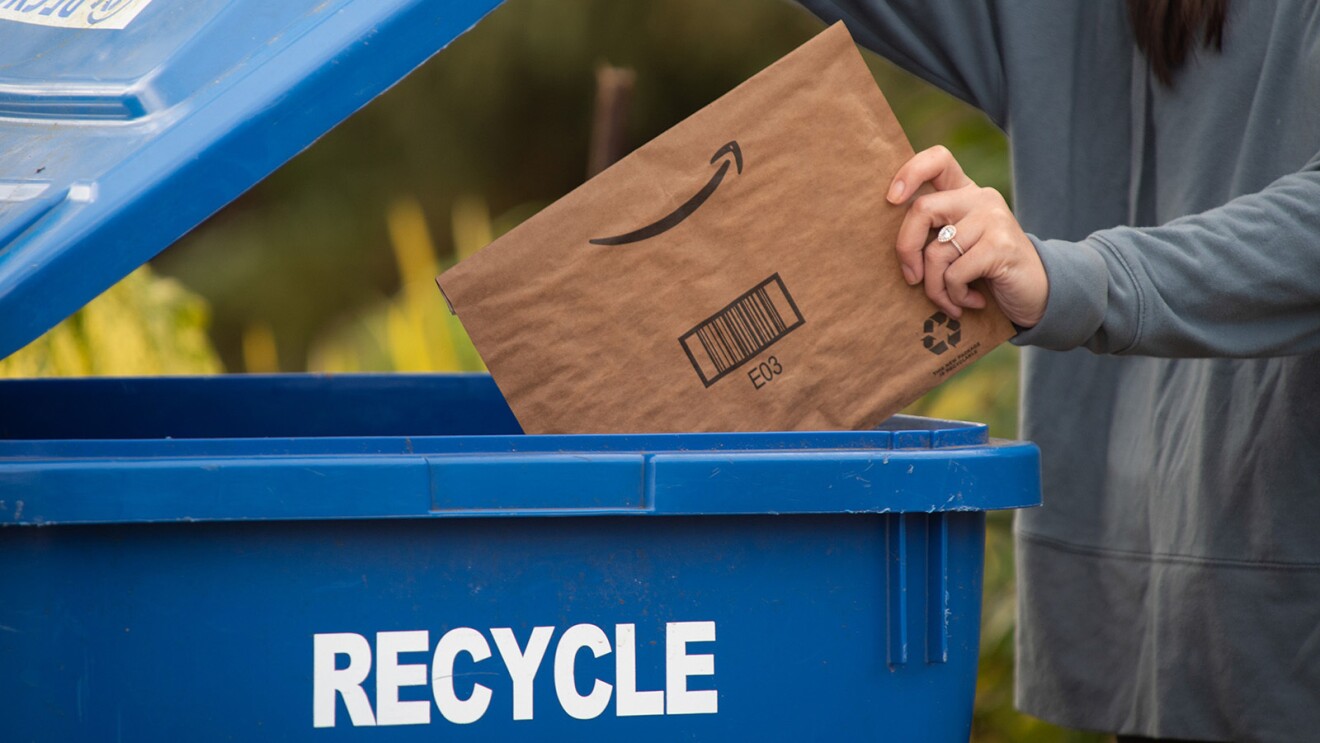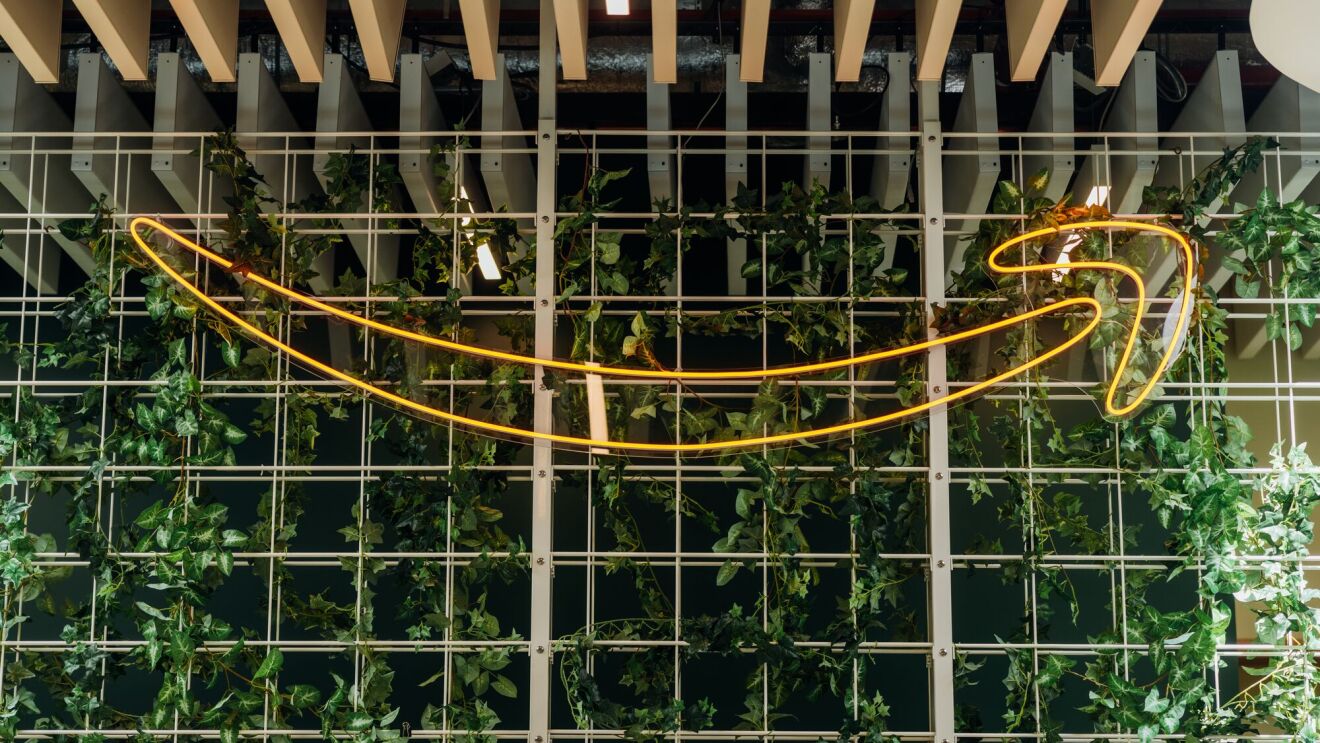Amazon recently transported goods on the first-ever zero-emission capable cargo ship, taking our efforts to decarbonize our transportation network to the seas.
The effort, led by our Global Mile team, is part of a new collaboration with shipping and logistics company Maersk to transport Amazon goods using methanol, which produces less greenhouse gas emissions compared to other fuels. The Laura Maersk, known as the world’s first methanol-enabled feeder vessel and named from the Maersk company’s history, recently took its maiden voyage, carrying Amazon shipping containers from Shanghai to Rotterdam.
This bold step in decarbonizing our shipping started with the help of Amazon’s head of ocean shipping decarbonization, Laura Bowen Wegener.
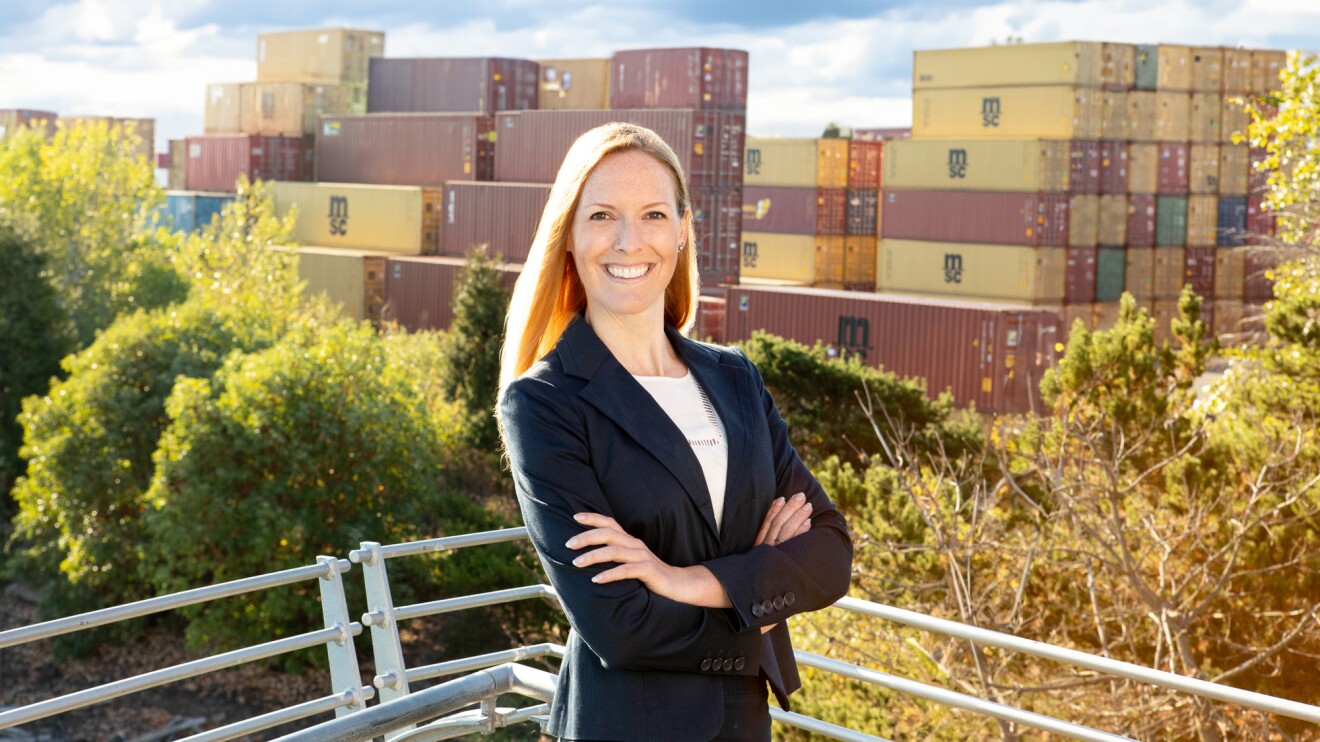 Laura Bowen Wegener, Amazon’s head of ocean shipping decarbonization.
Laura Bowen Wegener, Amazon’s head of ocean shipping decarbonization.“This is so exciting because it shows the world that cleaner shipping is possible. Companies like Amazon are willing to pay to move their cargo on vessels that can emit 95% fewer emissions than traditional ships. Innovation wins, communities thrive, and we progress towards a cleaner planet,” Bowen Wegener said.
Amazon recently finalized a 2023-2024 agreement with Maersk for the transport of 20,000 40-foot equivalent (FFE) containers using biofuel through Maersk’s “ECO Delivery” ocean product offering.
Bowen Wegener, a chemical engineer focused on renewable energy and sustainability, joined Amazon in March, 2021, after nearly 12 years in the oil, gas, and petrochemical industry, most of which was focused on sustainability. She found herself at a crossroad when providing environmental counsel on a liquefied natural gas (LNG) project in Papua New Guinea, where she had been living. When she saw the amount of emissions caused from the production of LNG, the plastic waste and pollution in the local South Pacific waters, and the extremely limited resources the locals had to deal with these challenges, it motivated her to define her life purpose: to enable a cleaner and more equitable world.
Bowen Wegener took a leap into a particularly challenging area: decarbonizing ocean shipping. “I knew it would require innovation, ingenuity, passion, influence, and—frankly—grit to change the maritime industry,” she said. “Ever since that experience, I have felt a moral obligation to take on big sustainability challenges that have the potential for significant, positive impact on a global scale.”
In her current role, Laura stimulates near-term action by building coalitions with Amazon and external partners, influencing shipping lines like Maersk to join The Climate Pledge, deploy new technologies, and establish decarbonization targets. She is also a director of the Zero Emission Maritime Buyers Alliance (ZEMBA), which was co-founded by Amazon along with the Aspen Institute, Patagonia, and Tchibo to enable companies to access zero-emission shipping in order to accelerate maritime shipping decarbonization.
“We are one of many companies with cargo on a container vessel. While many of the shipping lines we use want to help us reach our decarbonization goals, they need many of their customers to contribute to the transition. We designed ZEMBA to create one significant demand signal that shows the maritime industry that companies want to buy decarbonized shipping now.”
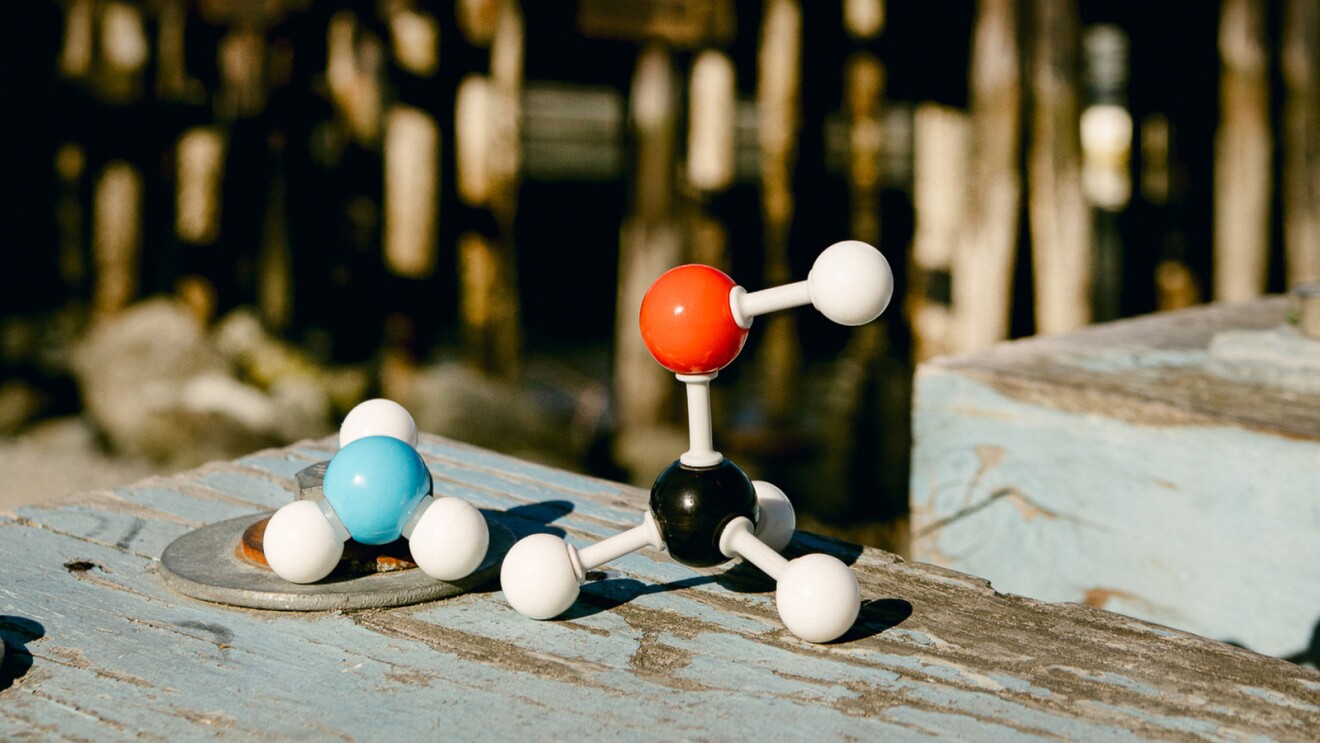 Ammonia (left) and methanol (right), produced from renewable sources, will enable the maritime industry to cut emissions by up to 98% and 95%, respectively.
Ammonia (left) and methanol (right), produced from renewable sources, will enable the maritime industry to cut emissions by up to 98% and 95%, respectively.In line with Amazon’s Climate Pledge to reach net-zero by 2040, Amazon co-founded Cargo Owners for Zero Emission Vessels, adopting a target to use zero-emission shipping for all of our ocean cargo by 2040. We also have an interim commitment to use ships powered by zero-emission fuels for at least 10% of the volume of our goods shipped internationally by 2030. This goal was established when Amazon joined the First Movers Coalition, which Amazon helped launch with the World Economic Forum and the U.S. State Department targeting emission reductions in aviation, ocean shipping, steel, and trucking.
Bowen Wegener also champions sustainability awareness and practices across the company. Colleagues who have had the opportunity to meet her can recognize her iconic molecular models, which she uses to simplify the complexity of fuel chemistry. “I love educating Amazon employees, shipping lines, other companies, and everyone in between on how the chemistry of fuels like methanol and ammonia can lead us into a zero-emission future, and what the pros and cons are of the choices ahead,” she said.
Recently, Bowen Wegener participated in an Amazon volunteer effort to help restore native oyster populations in Puget Sound. “It’s so important that we think about the actions that we take today and what impact they can have on the future. We have a choice, and that choice can be to sit back and let other people do it or step up and take part.”
Trending news and stories



